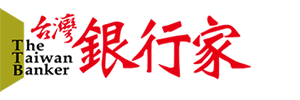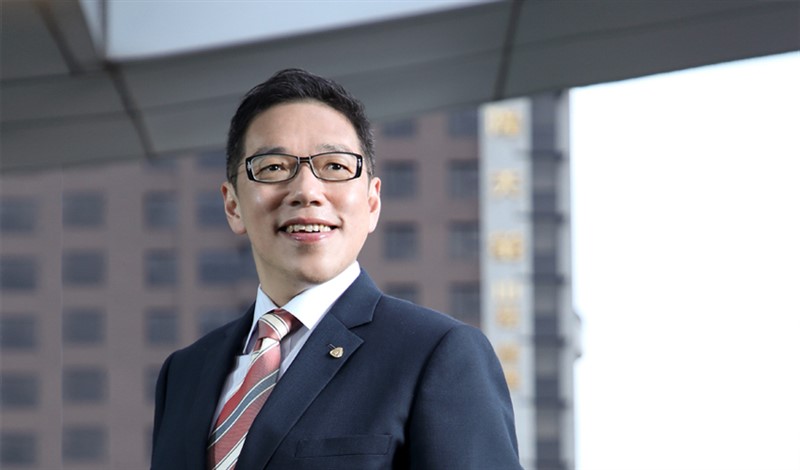2022.05 The Taiwan Banker NO.149 / By Hank Huang (黃崇哲)
A Farewell to Hong KongEditor's Note
Hong Kong Chief Executive Carrie Lam has finally stepped off the political stage, but in her five years in office, she presided over a Hong Kong that changed dramatically from the city we knew before. As the next chief executive prepares to take over, we sincerely hope that this city which was once a close friend of Taiwan’s will thrive in the future. Looking back on Lam’s term, what has Hong Kong lost? Was it freedom of speech and association, confidence in policing and rule of law, or identity? But just like last July, when Lam asked rhetorically “What freedoms has Hong Kong lost?” when questioned about the National Security Law (NSL), she also said in response to the 2019 social unrest, caused by an amendment on extradition, that only when the whole of Hong Kong was supported by the state (referring to the central government in Beijing) would society return to order and stability, and the economy rebound. She also said that Hongkongers who sympathize with the rioters and oppose the police owed the police an apology. This perception, which is strikingly different from international public opinion, faithfully reflects the current positioning of the chief executive. Looking back at Lam’s speech at her inauguration ceremony, she fulfilled her promise at that time. She said, ‘in order to fully fulfill the responsibilities of the Chief Executive, I shall do my best to firmly execute “One Country, Two Systems,” defend the Basic Law and rule of law, and promote relations between the central authorities and the Hong Kong Special Administrative Region.’ This self-positioning allows us to understand why there was such a momentous gap between the SAR government, police force and majority of people in the numerous political conflicts at the time. Likewise, as Hong Kong faced the pandemic, the city’s leadership forced it to adopt mainland Chinese pandemic control measures, most notably by insisiting on pursuing Chinese leader Xi Jinping’s “dynamic zero Covid” policy. This has entailed trying to stamp out the coronavirus rather than ease into a co-existence with it as most countries in the world have chosen to do. Further, Hong Kong made available Chinese vaccines with weaker effectiveness than their Western counterparts, though it also offered its people the Pfizer-BioNTech mRNA vaccine. Due to the Hong Kong government’s decision to move in lockstep with Beijing on Covid policy, Hong Kong society has borne a heavy cost. If this "mainlandization" continues, it will become a great hindrance to Hong Kong’s future development. Hong Kong has been a free port with a free trade policy for over a century. It has historically used rule of law to ensure good governance and a thriving business-friendly economy. Therefore, throughout the colonial era and the early days of “one country, two systems,” even though there was no universal suffrage, it was still possible to maintain legal checks and balances between the administration and judiciary, protecting property ownership and personal freedom. The same spirit was also reflected in monetary policy. Although Hong Kong does not use a central bank, it has established an exchange rate system guaranteed by 100% foreign exchange reserves, pegged to the US dollar at a fixed exchange rate, reducing international economic fluctuations. This has not only reduced the impact of international economic fluctuations for Hong Kong, but also alleviated exchange rate risk for traders and investors. Over 30 years, Hong Kong successfully transformed itself from a manufacturing industry into an international financial center. Now, however, the Hong Kong National Security Law (NSL) passed by the Standing Committee of the National People's Congress has hobbled one country, two systems. At best, it can be said that Hong Kong now operates under the principle of “same country, two governance styles,” though the differences between the mainland and Hong Kong are rapidly disappearing. In Hong Kong, “rule of law” has devolved into “rule by law.” Most worryingly, once the scope of the NSL expands beyond freedom of speech into financial security matters, will it further impact Hong Kong's financial system? Will Beijing begin to exercise a more overt role in Hong Kong’s financial decisions? If rule by man and nationalism repeg the Hong Kong dollar from the US dollar to the renminbi, it will mark the end of Hong Kong's a glorious century-old period as a free trade port. What development path will Hong Kong take in the future? We can only watch and wonder.


